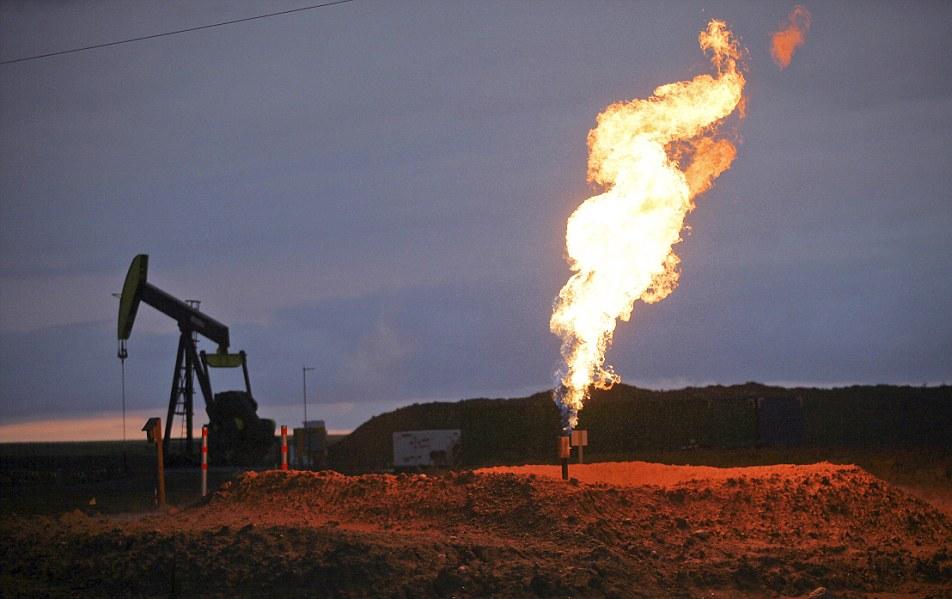Nigeria has planned to end gas flare in the country by 2030 in accordance with the Intended Nationally Determined Contributions (INDCs), a mandatory but non-enforceable country level commitment to tackle the challenges of climate change submitted to the United Nations Framework Convention on Climate Change, AllAfrica reported.
Flaring of gas contributes to climate change and impacts the environment through emission of CO2, black carbon, and other pollutants. It also wastes a valuable energy resource that could be used to advance the sustainable development of producing countries, according to The World Bank.
Nigerian Minister of Environment, Amina Mohammed, has said that Nigeria could generate as much as $7.5b worth of benefits by ending gas flaring and using the gas for commercial purposes, including power generation, according to LeadershipNg.
In addition, the cited INDCs envision to work towards off-grid solar PV of 13GW (13,000MW), deployment of efficient gas generators, and 2% per year energy efficiency (30% by 2030). Other key measures are transport shift from cars to mass transit means, improving electricity grid, and climate smart agriculture and reforestation.
Recently, Nigeria has been rated as the second highest gas flaring nation in the world and accounts for over 10% of total gas flared globally, according to a report issued by the Center for Environment Human Rights and Development ( CEURD) in Port Harcourt, The Tide informed.












